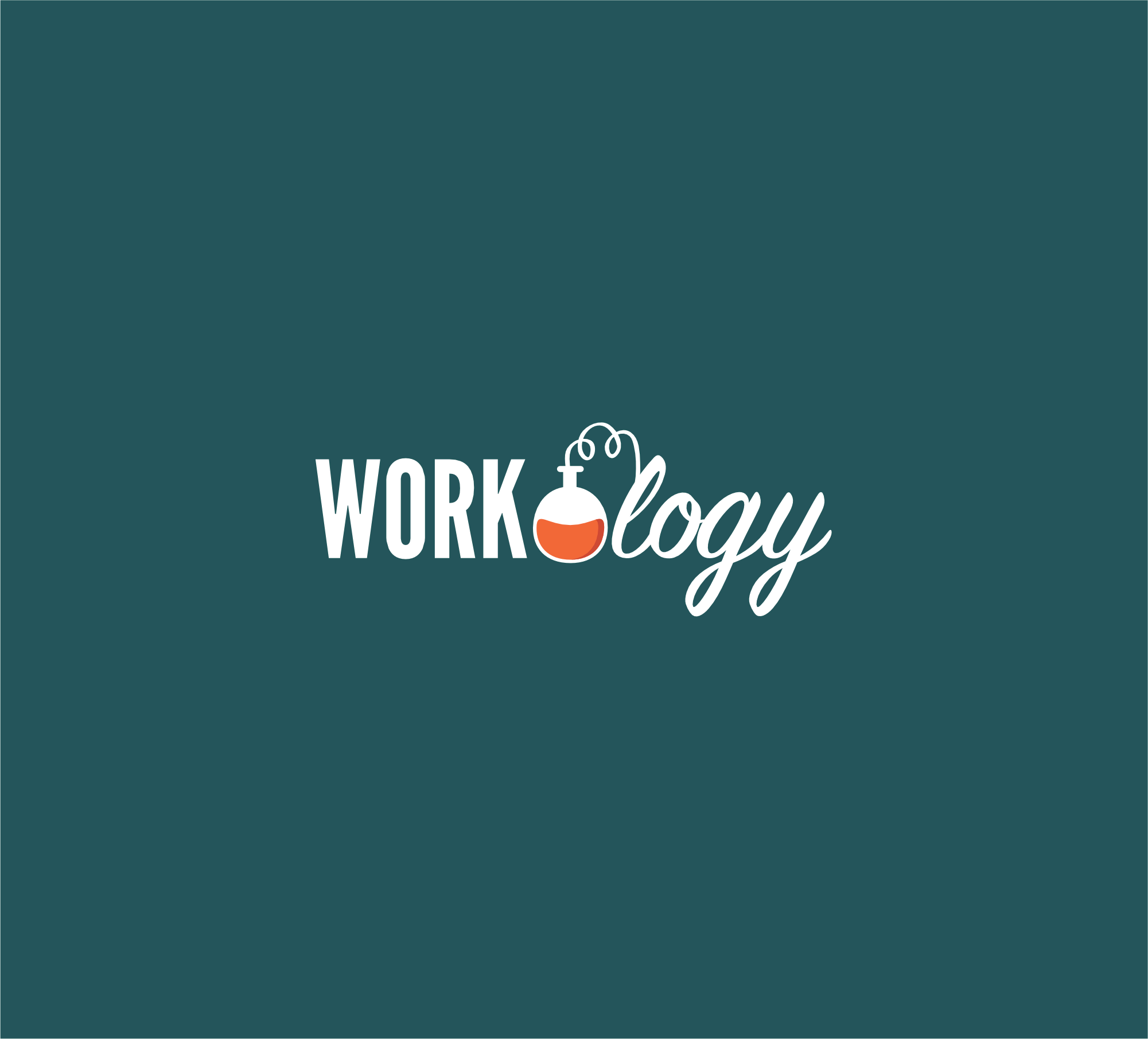For decades, the value of a college education was never called into question. Some might even say that younger students were forced to think about college at a lower and lower age to the point where they were being pressured. Now, however, people are starting to question whether diplomas are really worth that much at all.
Examining the Importance of Formal Higher Education During the Hiring Process
In some fields, like medicine, college degrees are an absolute necessity because they indicate that someone has undergone specific types of training before they earned their diploma. On the other hand, HR department staffers in many technical fields are starting to prefer experience over credentials. Those who themselves have a degree in human resources may actually be looking on their own past experience to frame their decisions. That will likely frame the debate for years to come.
Benefits of Traditional Education
Perhaps the biggest benefits of formal education are to those in certain scientific and biological fields where there is really no other way of positioning oneself as a legitimate authority. Few people would trust a surgeon who hadn’t ever been to a teaching hospital and it’s unlawful to practice law in many areas without an appropriate degree. These careers are likely to remain closed to anyone who hasn’t completed the right kind of college program. While there are some alternative paths in the field of complementary medicine, most other related fields have extremely strict requirements that can’t easily be circumvented.
Judging by reports from Authority.org, the best colleges in many fields are surprisingly some of the most traditional. That being said, it’s not uncommon to see distance education programs and newer schools listed among the best values for those who are aiming to work in one of these fields. Since regional accreditation is far more transparent today than it used to be, it’s likely that upstart schools will be able to plead their case much more effectively than they might have in the past.
HR directors who manage facilities in any of these fields are likely to check the accreditation of any school that a prospect claims to have studied at. Considering the large number of sham degrees that are floating around online today, many in the HR world have actually gotten more particular about doing their due diligence in regards to the value of particular diplomas. Ones that seem to be from questionable schools often are, and this makes the vetting process that much easier for HR staffers.
Performance improvement plans and other ways of figuring out the skill sets of different hires are quickly gaining prominence in other fields, however, and this dramatically changes the way that people think about college diplomas.
The Declining Value of Higher Education
Alphabet, the parent company of Google, has been making headlines by hiring a fair amount of technical staff based on their experience rather than any educational credentials they might hold. Elon Musk has made several comments that suggest that his family of companies are engaged in the same kind of hiring practices. These firms have a tendency to opt for candidates who can think differently than the crowd even if they don’t have the kind of background that even fresh graduates would.
A report from the Harvard Business Review claimed that the value of a degree has declined largely because so many people have them now. While the knowledge that someone might be able to absorb in a college classroom may be difficult to place a price on, the fact that so many candidates have college credentials makes them worth less than they might have been in the past.
When high school degrees were more scarce, HR managers actively sought them out. Over time, they became more common and it’s looking like college degrees are headed in the same direction. As the requirement to hold at least a Bachelor’s degree has risen by around 10 percent, the number of students applying for them has also grown.
Deciding on the Right Path
Those who are trying to distinguish between hires might want to hold all of their candidates on equal footing and consider both education and experience when vetting them. Unless you’re in a specialized field like medicine or law, this would be the most fair way to do it and it would include the greatest percentage of individuals. Companies that hold virtual onboarding sessions or other online meetings may find that they’re able to judge who would be best for a particular position based largely on interviews as opposed to credentials or resumes.
While the wheels of change are certainly turning slowly and colleges are still offering countless traditional degrees, it does look like the hiring scene is going to be dramatically different in just a few years.









One Comment
I AGREE. It is attitude vs Aptitude and attitude wins in today’s world of flux or rapid changes.
Comments are closed.